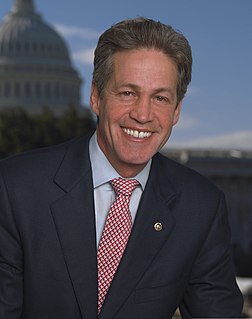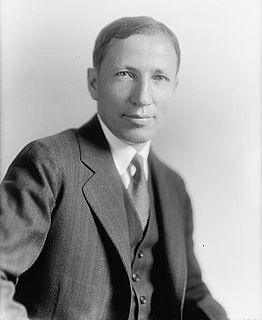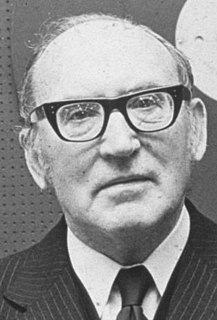A Quote by Thomas Friedman
Almost all the students who make it to Caltech, one of the best scientific universities in the world, come from public schools. So it can be done.
Related Quotes
Apparently almost anyone can do a better job of educating children than our so-called 'educators' in the public schools. Children who are home-schooled by their parents also score higher on tests than children educated in the public schools. ... Successful education shows what is possible, whether in charter schools, private schools, military schools or home-schooling. The challenge is to provide more escape hatches from failing public schools, not only to help those students who escape, but also to force these institutions to get their act together before losing more students and jobs.
Unlike public universities and private, not-for-profit colleges, for-profit schools are owned by revenue-seeking businesses often more intent on boosting their bottom line than educating their students. They use hard-sell tactics to recruit prospective students, and veterans have become particular targets.
The path to a better future goes directly through our public schools. I have nothing against private schools, parochial schools and home schooling, and I think that parents with the means and inclination should choose whatever they believe is best for their children. But those choices cannot compete, and cannot come at the expense of what has been -- and what must always be -- the great equalizer in our society, a free and equal public education.
Indeed, the study of universities and the great men and women who have attended them leads me to think that the best of these schools are characterized not so much by what they teach and how they teach it but by the extent they provide opportunities and encouragement for students to teach themselves.
Much of the early engineering development of digital computers was done in universities. A few years ago, the view was commonly expressed that universities had played their part in computer design, and that the matter could now safely be left to industry. [...] Apart from the obvious functions of keeping in the public domain material that might otherwise be hidden, universities can make a special contribution by reason of their freedom from commercial considerations, including freedom from the need to follow the fashion.

































